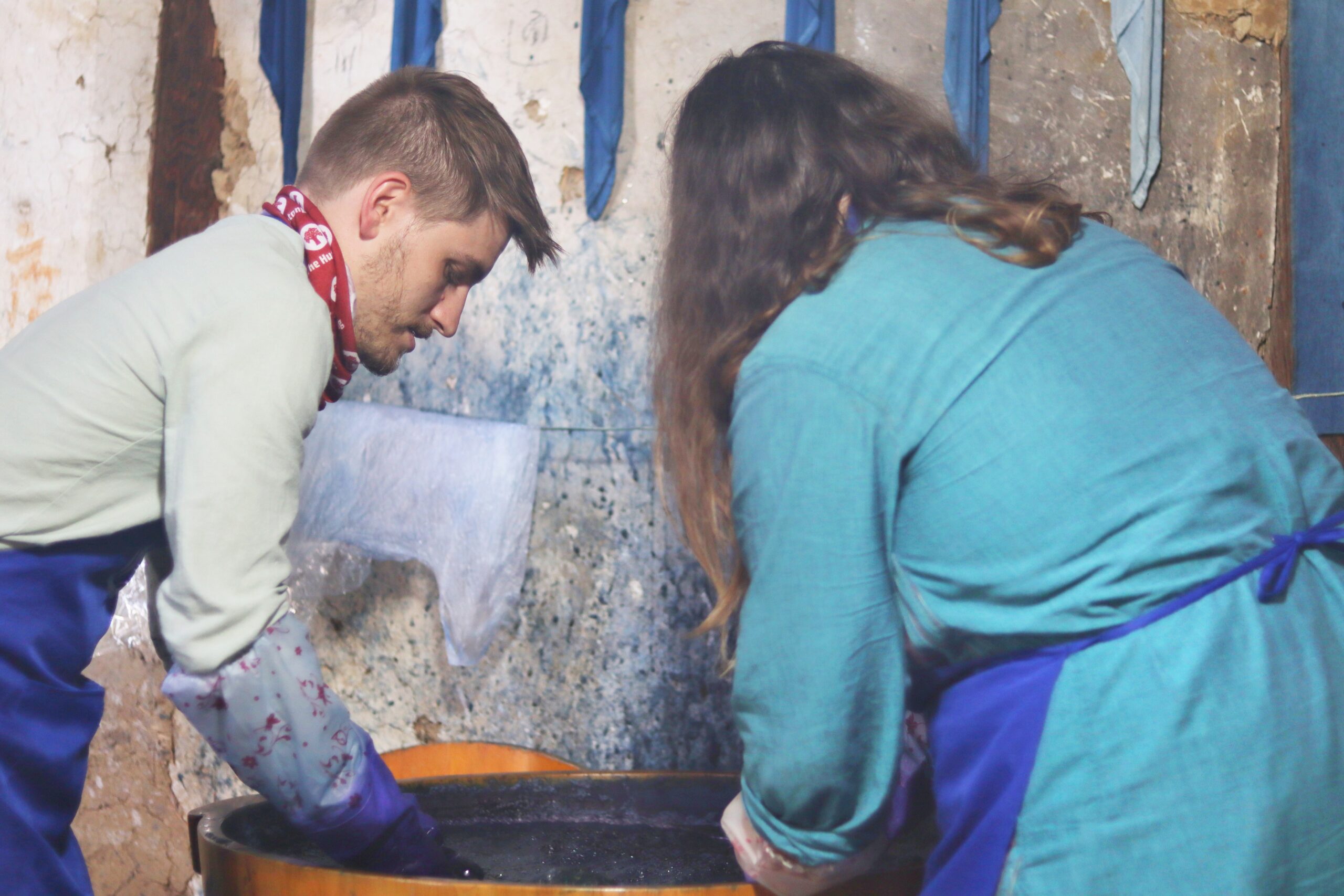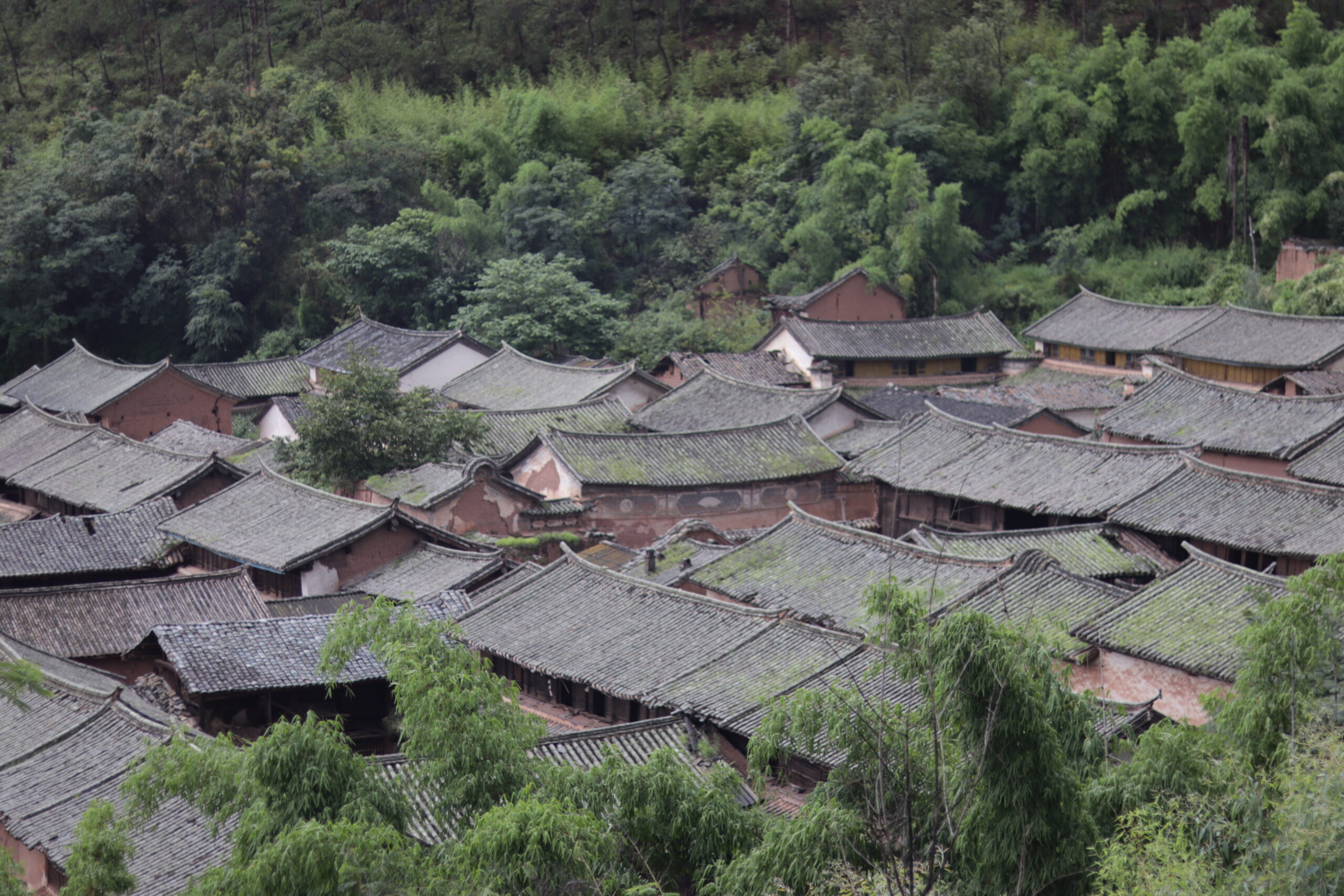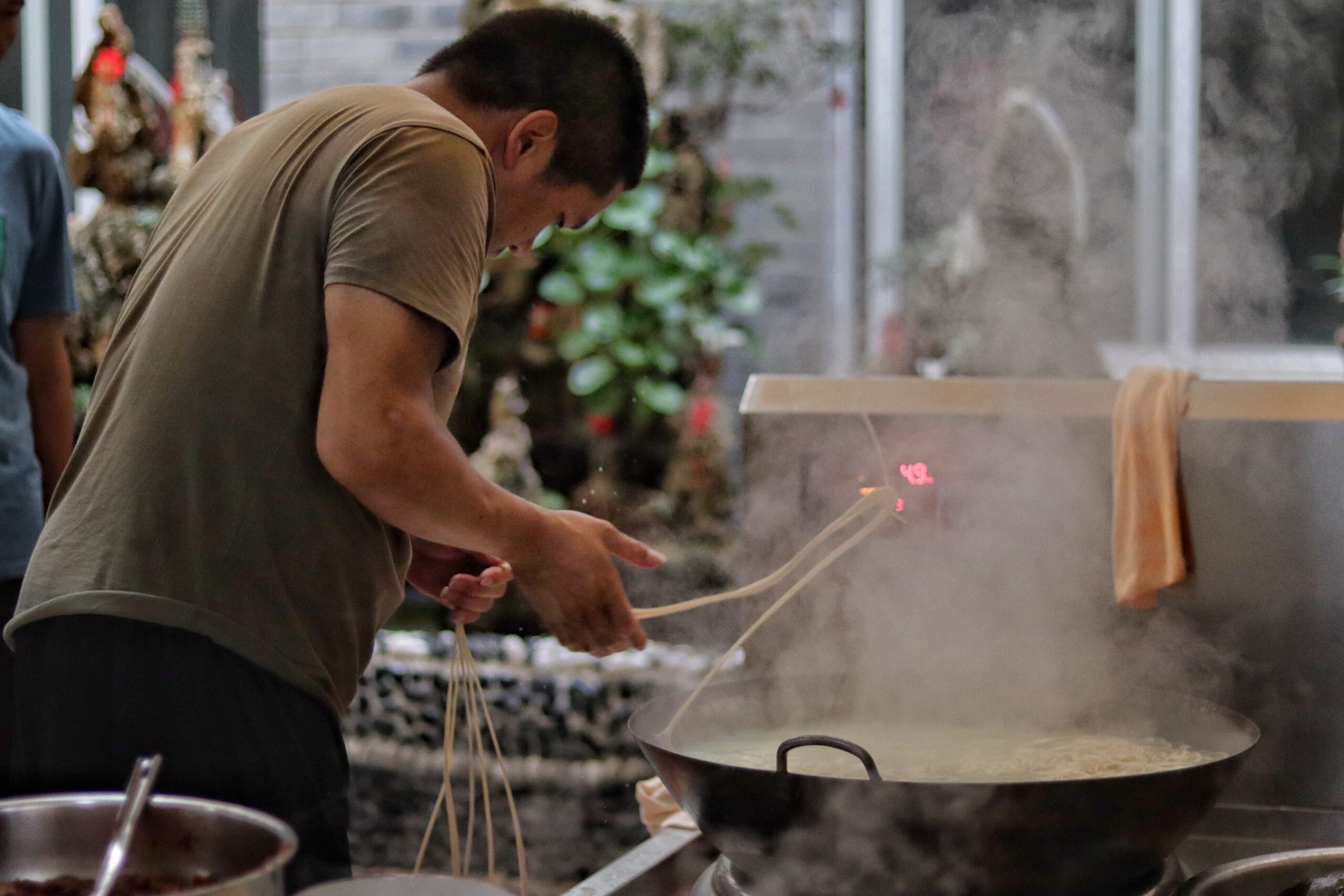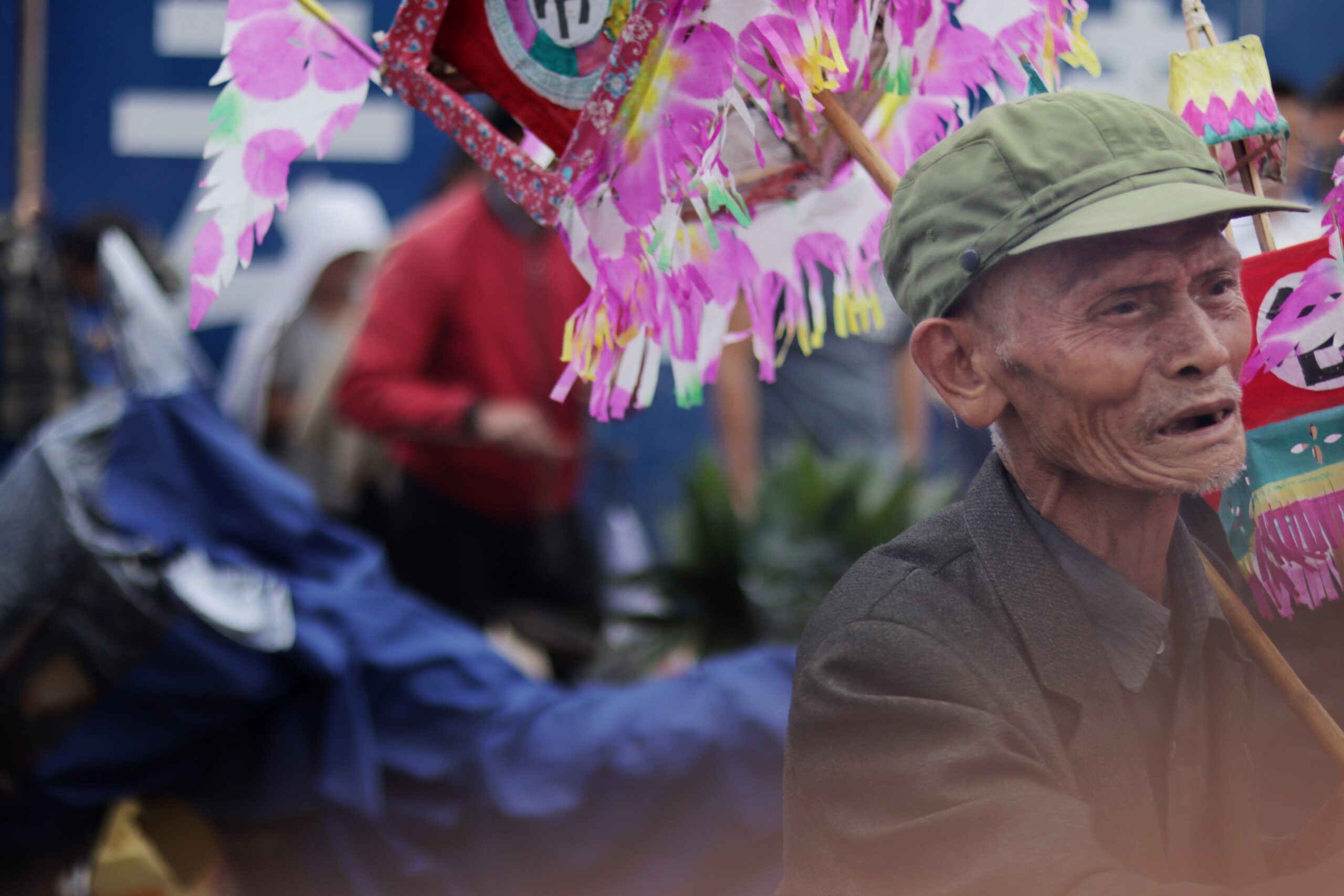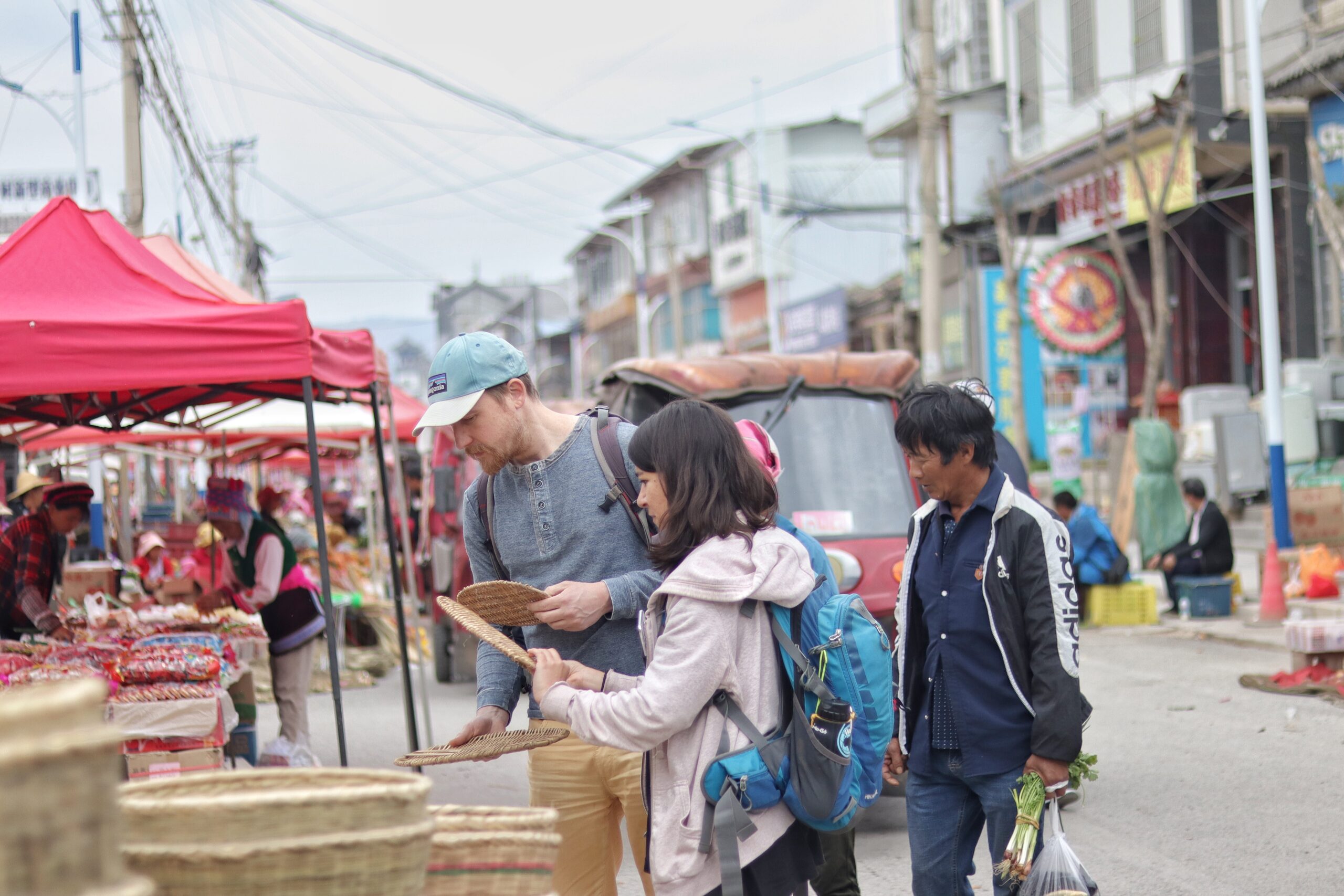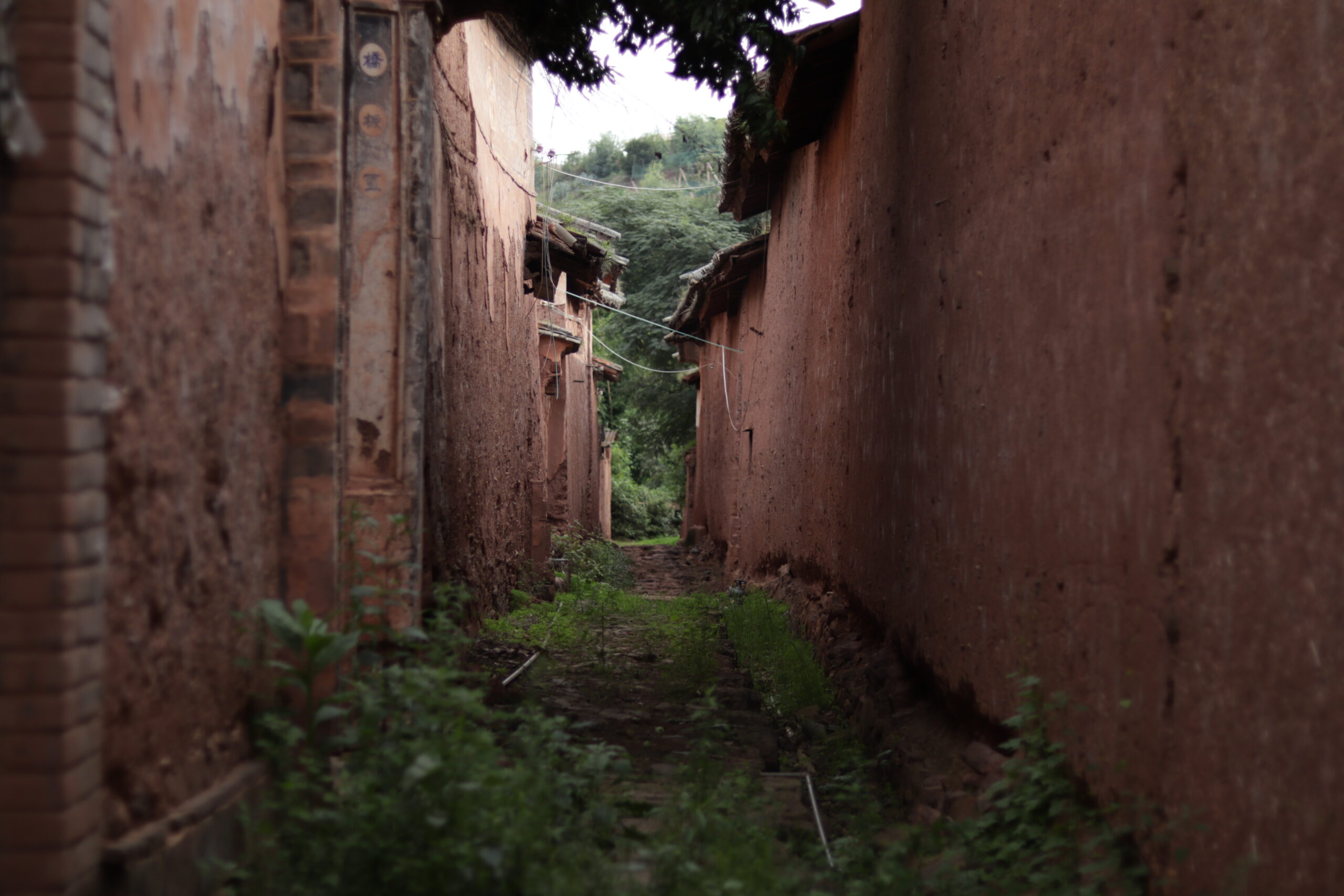Multiple-day Eco Tour Dali and Environs
Duration
4 days
Language
EN/CN
Tour Theme
Food/Culture/History/Outdoor/Sustainability
Tour details
Day 1
Morning-Chinese Muslim Village Tour
In the morning we will drive up to a Chinese Muslim village located north of Weishan old town. There we will visit the village Mosque and their local history museum that commemorates the history of the village of traders and houses, inside is a unique collection of relics that the local builders and traders preserved from their trips. After our visit we will sit down to enjoy a family meal prepared by the descendant of the trader family.
Afternoon- Yi Abandoned Village and Weishan Old Town
In the afternoon, we will head up to an abandoned Minority Yi earth village where some of the earthen houses dating back to hundreds of years ago, now they’re mainly used for keeping livestock. From there we will head back to Weishan old town to relax along the old cobbled road. We will browse through the quiescent Weishan old town and savor a tasty local vegan meal in one of the most popular restaurants.
About Weishan Old Town:
Weishan old town is only an hour away from its bustling counterpart Dali old town and remains relatively quiet, it serves as a perfect spot away from the swarms of tourists and you can glimpse the ancient Dali and their ethnic Yi, Bai and Hui groups mingling and hawking their wares. You’ll be able to see the nearby Weibao Mountain, which is the birthplace of the ancient glorious Nanzhao Kingdom.
Day 2
Morning-Farmer’s Market Tour
On this day we’ll discover Yunnan’s diverse local culture through food! Ethnic Markets in Yunnan are great places to actively observe and taste the unique multicultural styles of the minority cultures that live in the area. Small cities and townships host these gatherings usually once every five to ten days, depending on the venue. Many of the minority women dress their best (traditional colorful costumes) on a market day.
Local artists and farmers regularly come to sell their crafts and produce so you’ll be able to experience all of Yunnan’s authentic cultural identities gathered in one place! You can sample thousands of Yunnan snacks and dishes freshly made by the nearby villagers who set up their stalls at a different market every day to make a living.
Afternoon-Macrame Bracelet / Yi Minority Embroidery Workshop
Leaving the market to travel for lunch and the workshop, we will visit a small village of less than 300 families – all of Austroasiatic Yi ethnic minority background.
Our host-leader for this trip is an official Intangible Heritage Guardian of the Dali Yi minority traditional crafts. The workshops (either embroidery or macrame bracelet workshops) will be led by a local Yi instructor from the village.
The workshop will take place in a 200-year-old Dali style traditional house. The house now operates as a museum exhibiting Yi traditional costumes and accessories and also as a space for the villagers to work at and the participate in handcraft workshops.
About the Yi:
The Yi people of southwest China, sometimes referred to as Nuosuo or Lolo, number close to nine million, making them the seventh largest ethnic minority in China. Due to the geographical barrier, most Yi people live in remote areas near mountaintops, which explains the over 100 Yi sub-groups in southwest China, each with their own culture and language.
The crafts are mostly handwoven and used by the Yi people to pass down and share their traditions to guests and newer generations. The traditional handcraft culture has been utilized by locals to provide a new, gentle industry to a rural region that has gradually lost its population over time.
Day 3
Morning-Tie Dyeing Workshop
In the morning we’ll have a Tie-Dyeing workshop held in a Bai style old courtyard house located near Dali. Traditional Bai techniques and different plants are used to naturally dye the products, this includes harvesting the plants such as indigo, gardenia and saffron. Next the plants are processed using traditional methods. Each pattern and design template is curated, printed on material and then manually embroidered by hand. The material is then soaked, purified with soymilk and dyed using the colors extracted from the plants. There is a wide variety of items available to tie-dye during the workshop, including: place mats, tote bags, scarfs, aprons, t-shirts and more! You’ll get to take home your own tie-dyed product(s) as a handcrafted, traditional experience!
The local community is committed to the preservation of traditional Bai culture, they take great efforts in promoting ecological and cultural activities, providing sustainable livelihoods for the minority groups around the area.
Afternoon-Jiama Woodcarving Workshop
In the afternoon we’ll visit the “hometown of Chinese Wood Carving Art” in nearby Jianchuan – a county between Dali and Lijang.
Taught by local woodcarving craftsmen, engage in traditional Chinese woodcarving we’ll experience how to take a block of wood and turn it into art. Understand how each of the various tools have evolved over time, and the unique purpose of each.
At the end, you’ll get to take home your very own wood carving as a memento of the once-in-a-lifetime experience!
About the Jiama Wood Carving Museum:
The Wood Carving Museum is a beautiful, traditional residential building of the Bai nationality from the Qing Dynasty. The building itself was transplanted here from its previous location.
The Wood Carving Museum is home to more than 500 pieces of wood carved pieces and houses collections of various carving styles and techniques from the Ming and Qing dynasties. Several pieces of work from the museum have won numerous art and design awards, they’ve even been loaned out to travel across China and displayed in various exhibits.
Since its opening, the Wood Carving Museum has received hundreds of thousands of Chinese and foreign visitors for woodcarving experiences, inspections, visits, and cultural exchanges.
The Wood Carving Museum has become a platform for craftspeople to exchange their skills and display their works with others who are engaged in non-legacy wood carving. This platform allows these traditional wood carvers to show and sell their works to keep this traditional art alive and support their families.
Jiama is a kind of religious woodcut prints, either on paper or pieces of clothes, that Bai national people use to communicate with the gods in the hope of getting what they wish for. Jiama paper of the Bai nation combines deities from Buddhism, Taosim, and Bai indigenous beliefs (usually Benzhu).
** Please note that due to the sharp tools used during wood carving, the interactive workshop is suitable for children ages 12 and above **
Day 4
Hike in Shaxi
To end our tour, we’ll spend a day hiking around gorgeous Shaxi that encapsulates some of Yunnan’s oldest, traditional heritage landscapes and routes. We will wander through the ancient valleys of Shaxi old town after we arrive and hike Shibao mountain that houses Buddhist rock carvings and temples over 1000 years old.
About Shaxi:
Shaxi is one of the most well preserved horse caravan towns along the ancient Tea Horse Road, leading from Yunnan into Burma and Tibet. Over a decade ago Shaxi was almost unknown to foreign travelers until a team of Swiss architects came to give it a complete face-lifting, converting it into an old town like no other in China. Unlike most of the old towns that are rebuilt from scratch, the main structure of the most traditional architectural relics here have been well-preserved.
Please note that the itinerary is subject to changes due to availability, weather condition, and so on, it’s recommended to consult us first prior to booking. The length and the itinerary of the tour can be adjusted upon request. We offer tours all across Yunnan, for extended sustainable tours in different regions of Yunnan, feel free to get in touch with us.
Price List(Varies by Group Size, Please consult us first if you are a large group)
1 guest, 2800 RMB per person per day
2 guests or more, 2500 RMB per person per day
Price Includes
All Food and Water
All Workshops
Tickets to all the Sights(included in the tour)
Experienced Local English-Speaking Guide
Licensed Private Car(electric) with Professional and Responsible Driver
Mandatory Insurance
Accommodation(For a more authentic experience and to really support the local business, we usually choose clean, characteristic and comfortable local accommodation over international and local hotels, but when there are no local options, we would stay in regular local or international hotels. The standard of our accommodation is equivalent of 3 or 4-star hotels. If you wish to upgrade your hotels, please consult us prior to booking.)
Price Excludes
Tips (Optional)
Souvenirs and Personal Expenses
Good To know
1. Food: we will choose mostly ecological and organic local ingredients, we advocate low-carbon eco-friendly healthy diet, the food we eat during the trip will be primarily plant-based with some high-quality local non-vegan options or fully vegan.
2.There are public or local-style restrooms available throughout the tour but western-style toilets are mostly available in hotels and large malls.
3.On this tour, our guide will also share with you our plastic-free lifestyle. We will help you to refuse all single-use plastic disposables.
What to bring
1.Please bring comfortable footwear and water-proof hiking boots, rain jacket, swimsuit, towels, toothbrush, tooth tablets, soap bars for body and hair. You are also recommended to bring a reusable shopping bag.
2.Each guest will be provided with a reusable bowl, bamboo chopsticks, a spoon and a reusable water bottle. Feel free to bring your own reusable water bottle if you have one.
3.We will also provide an eco-travel gift box for your use during the tour, including bamboo toothbrush, tooth tablets and soap bars, etc.

